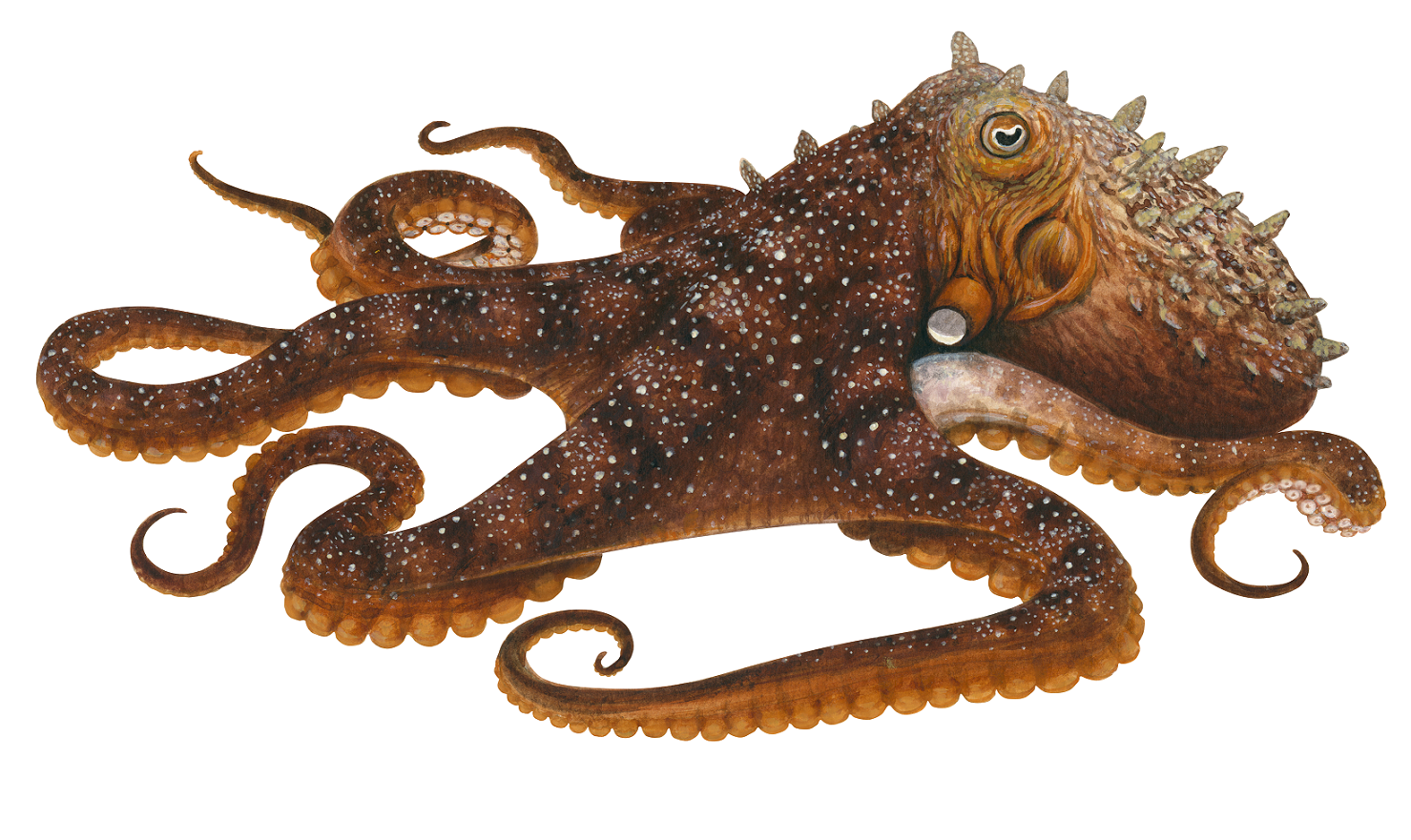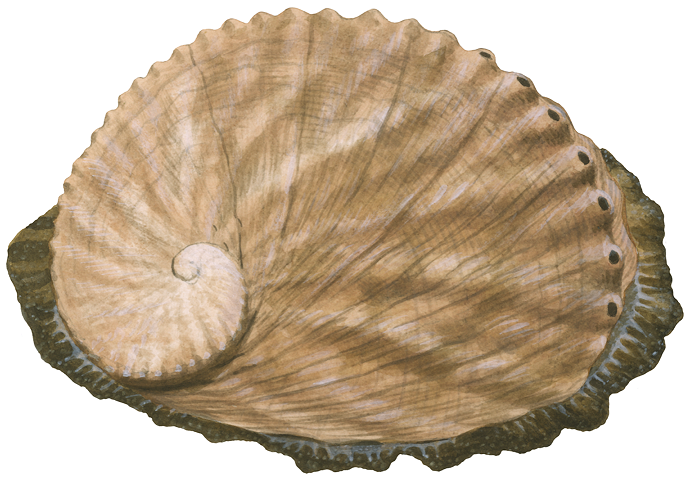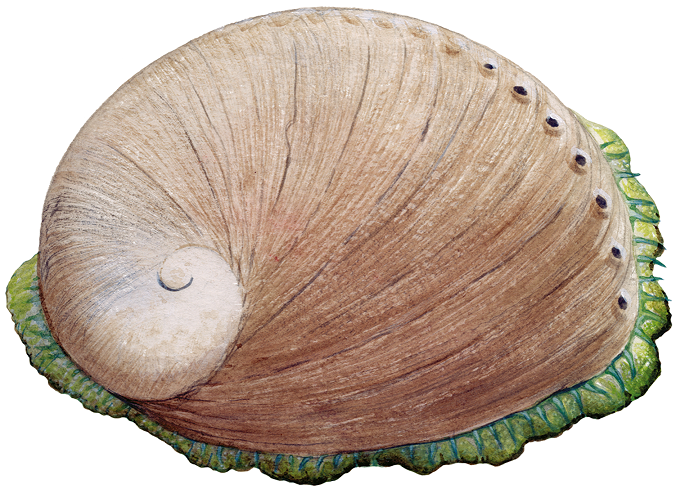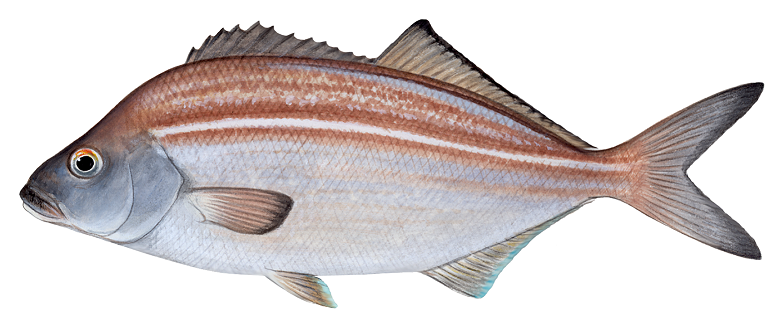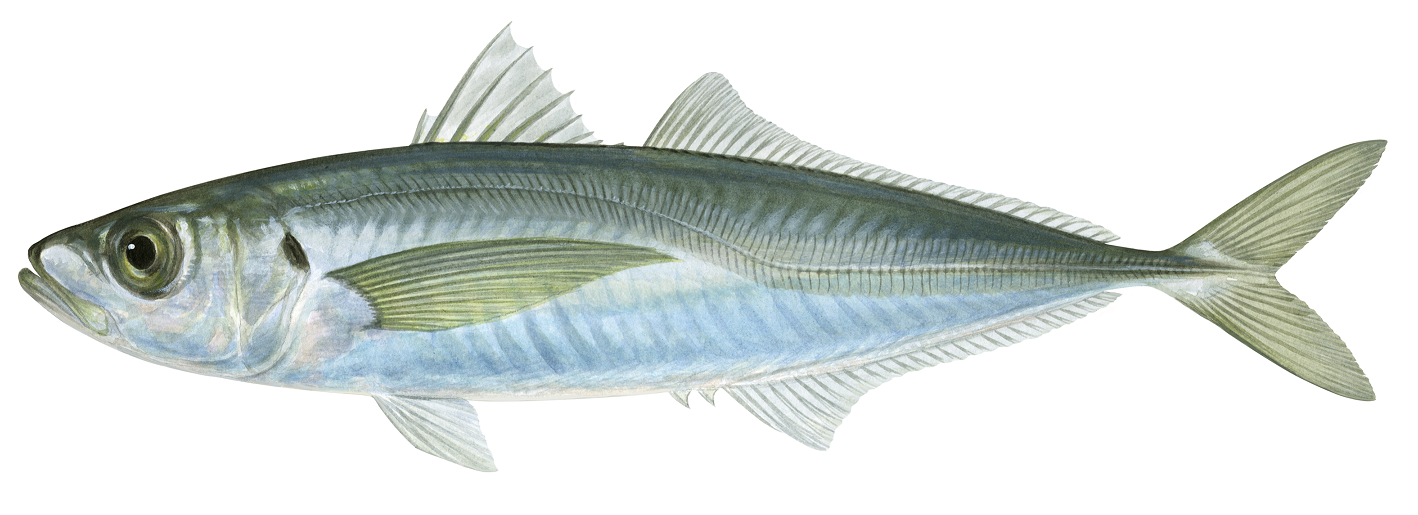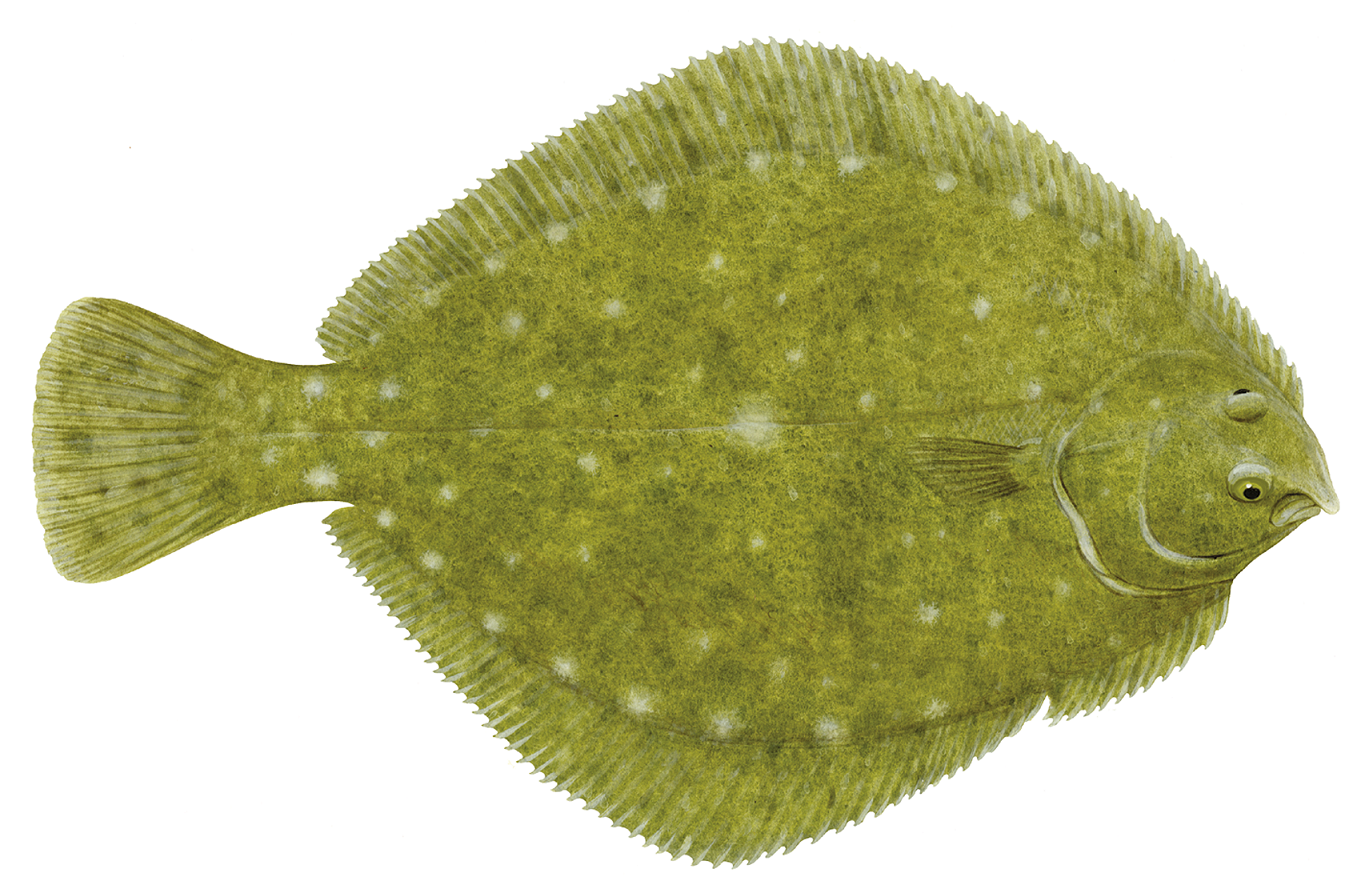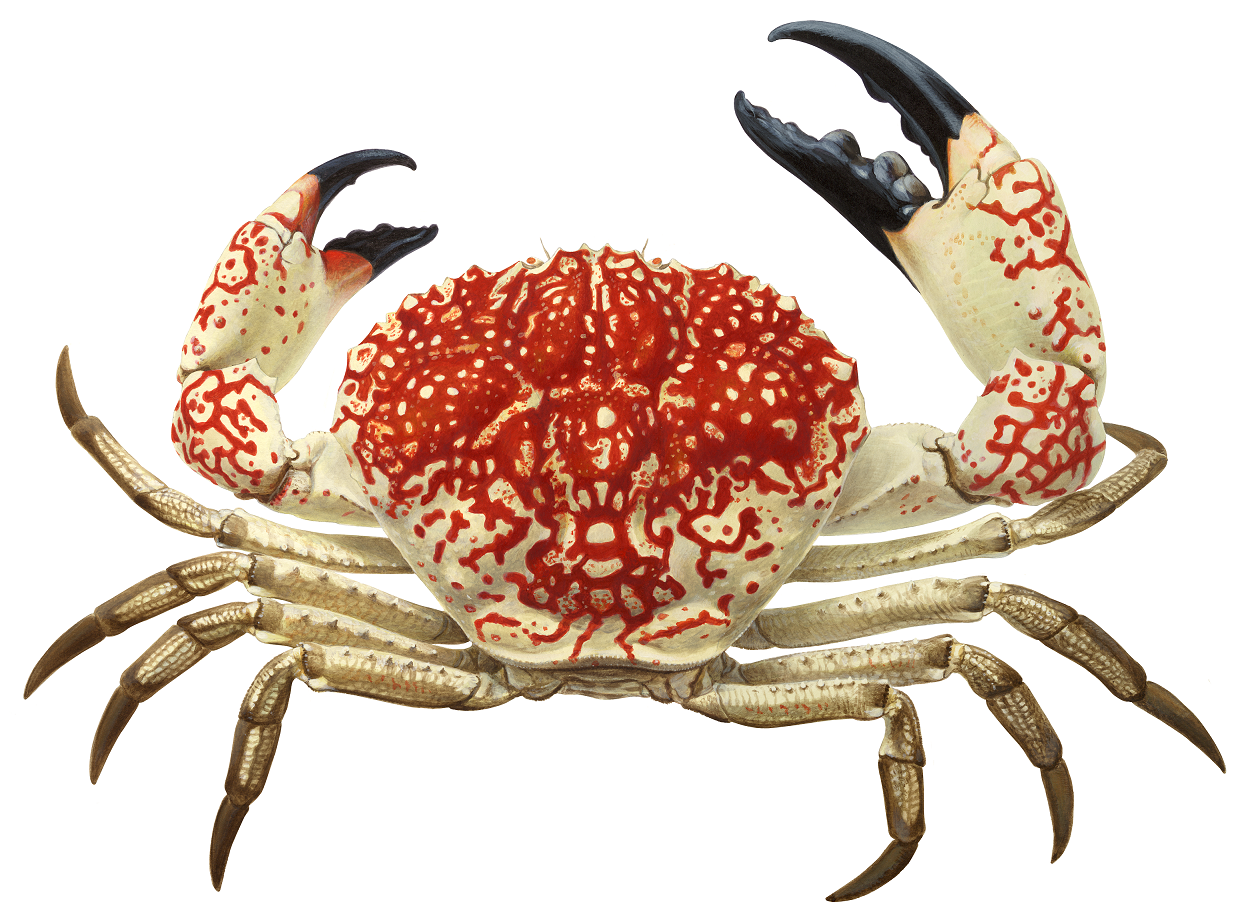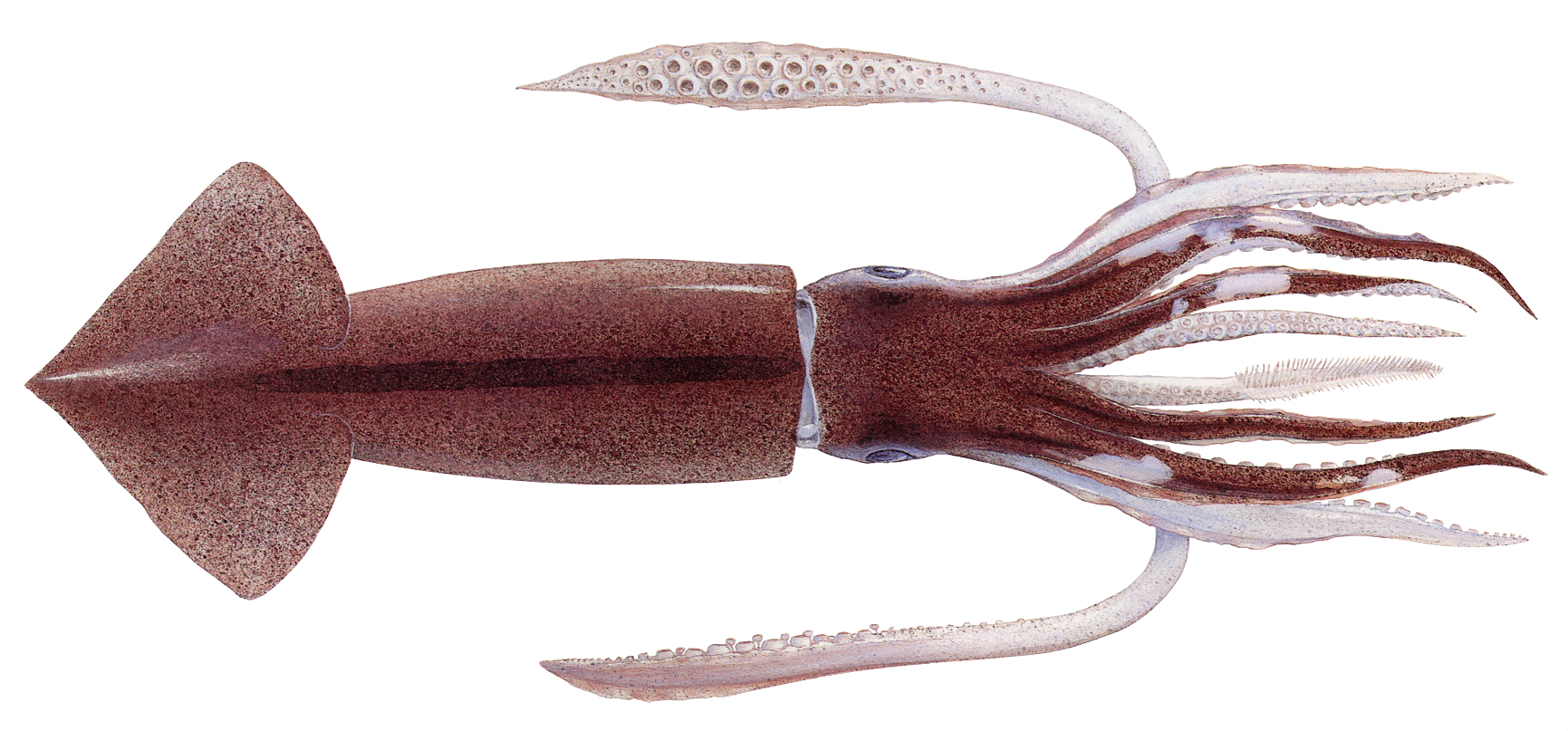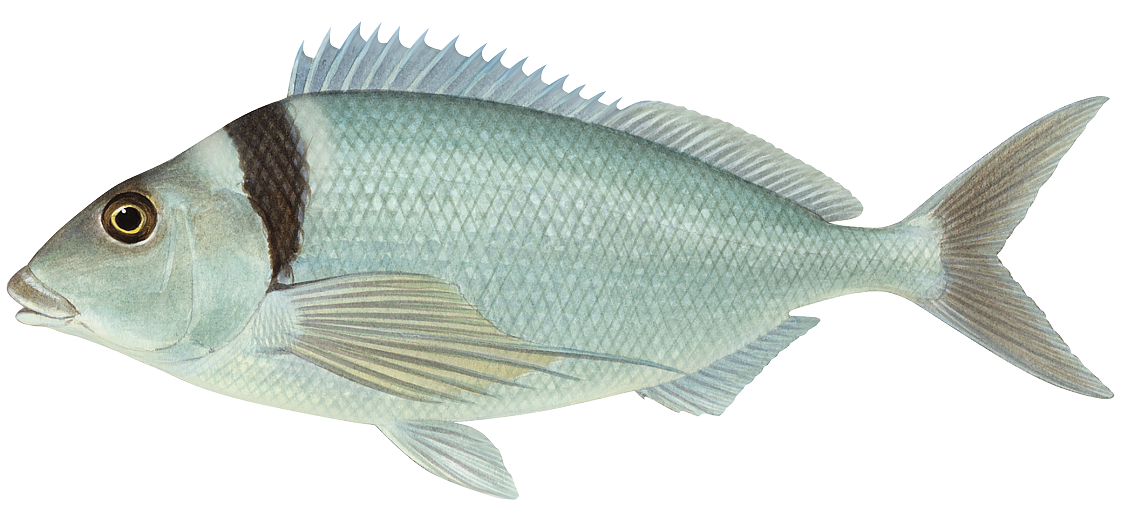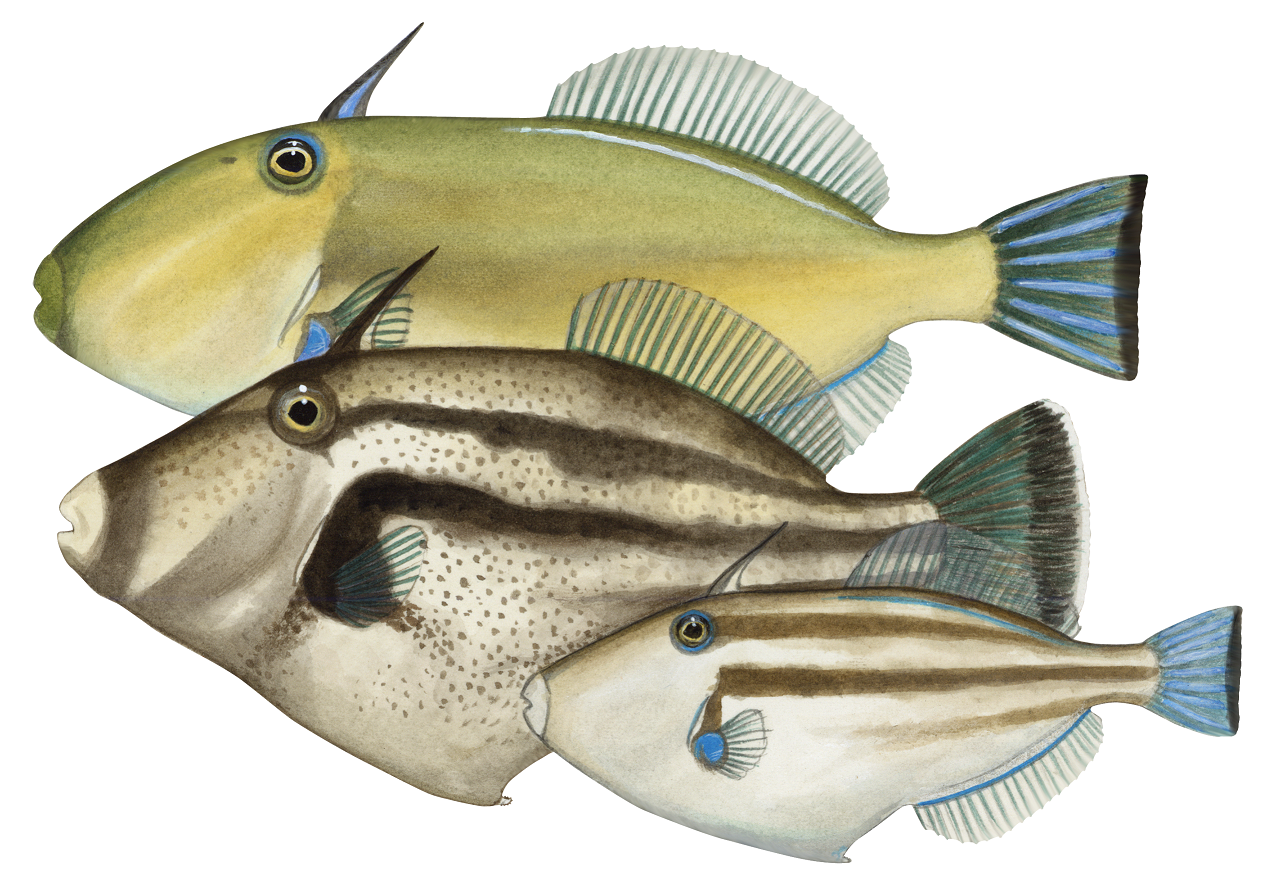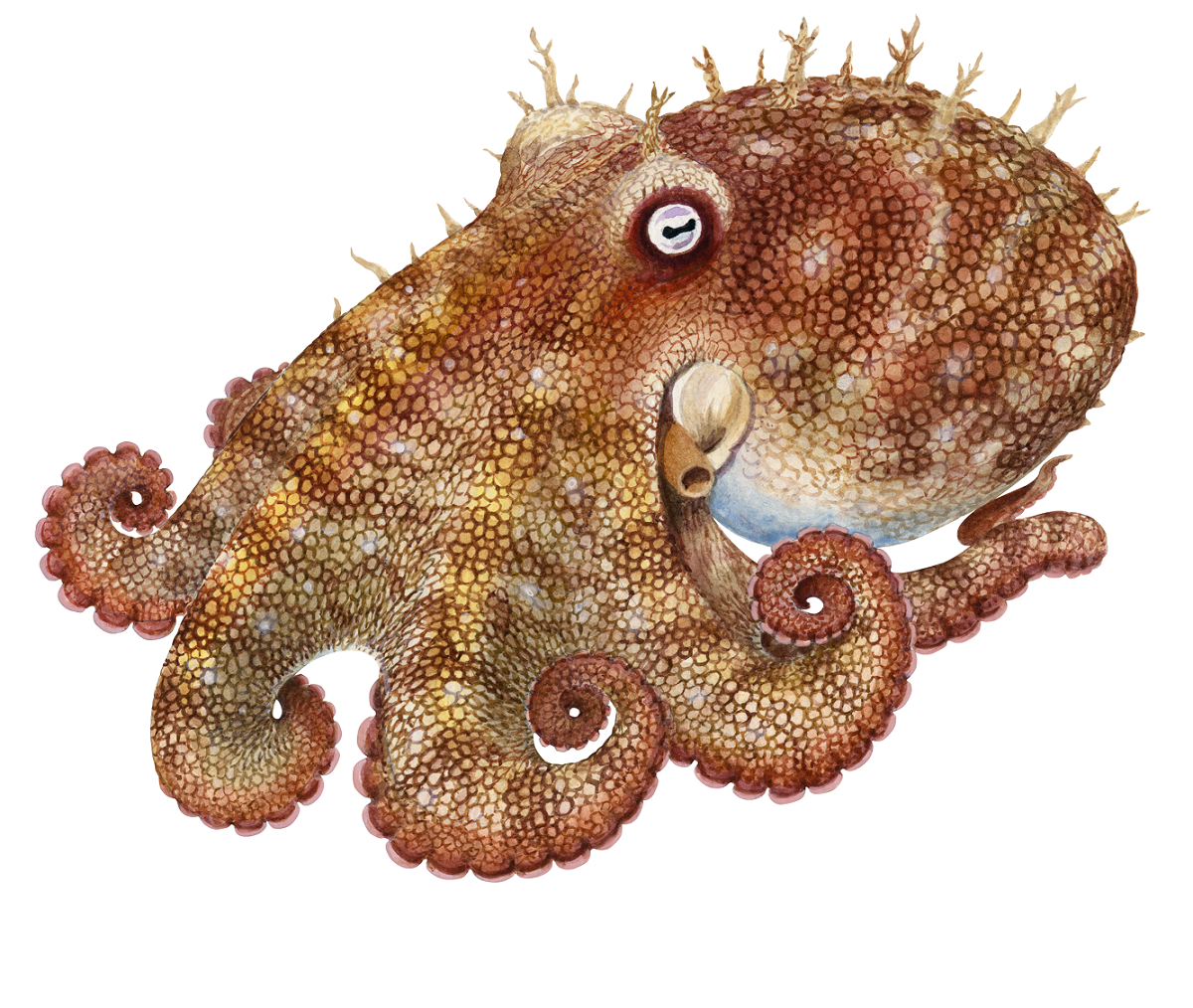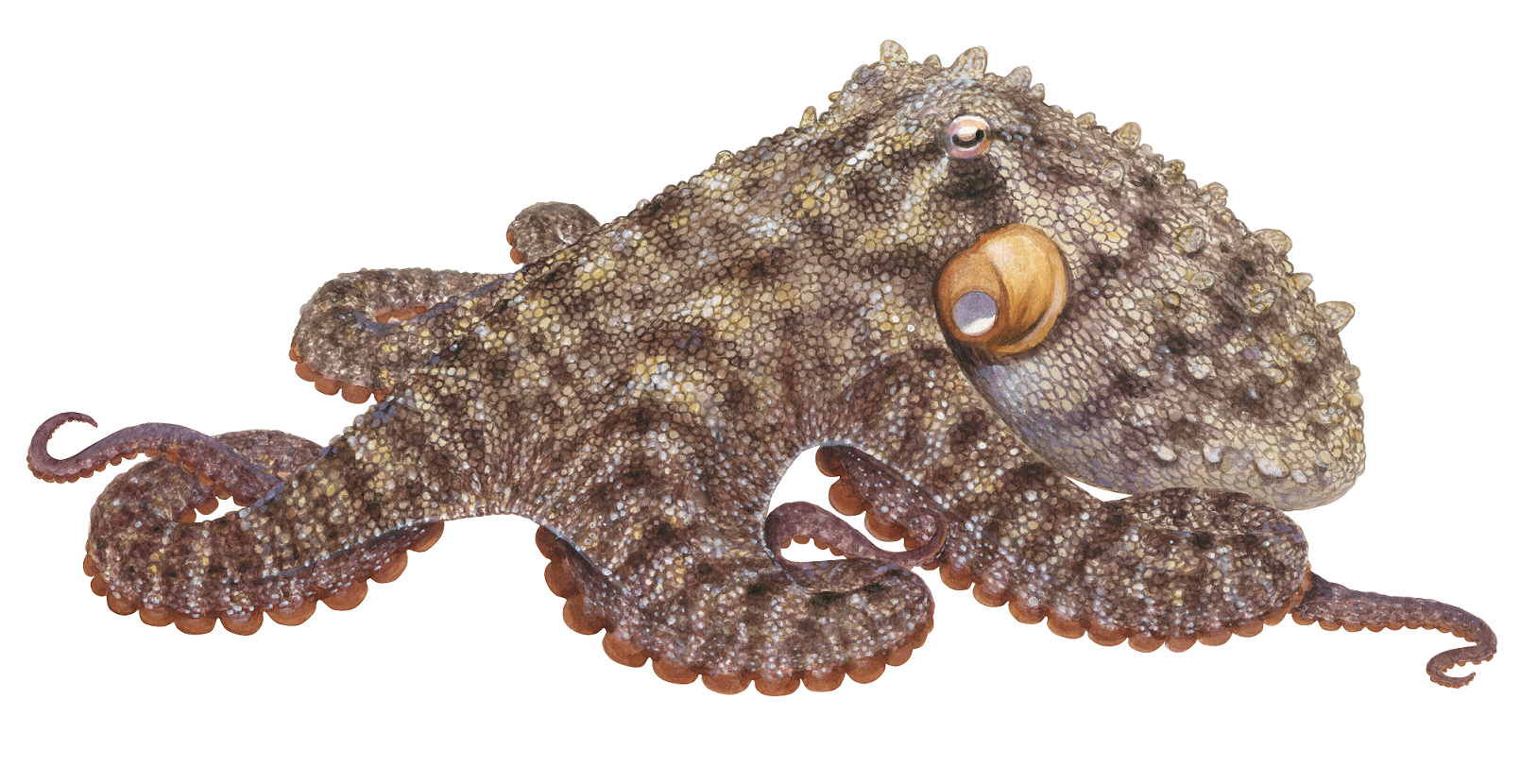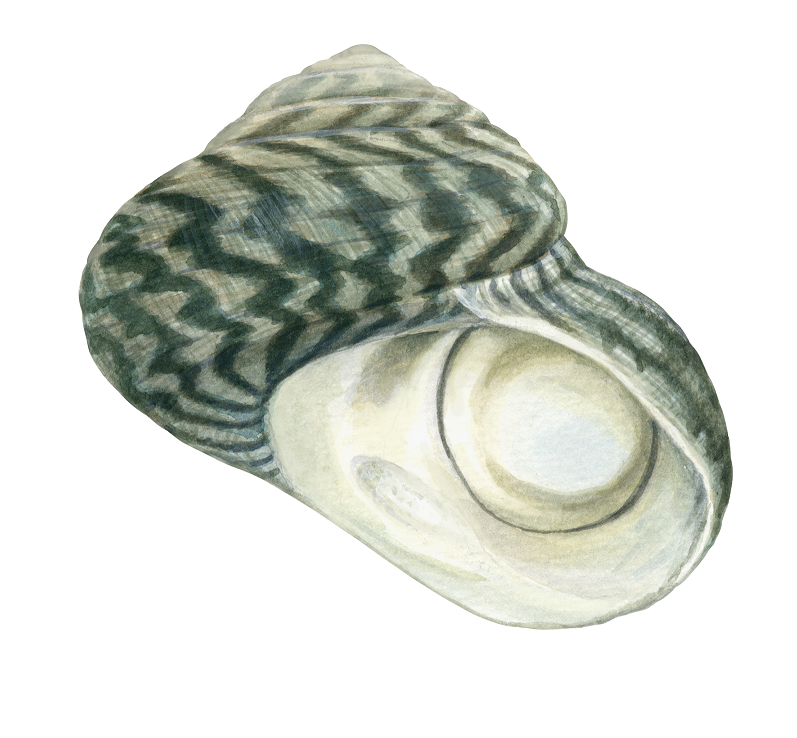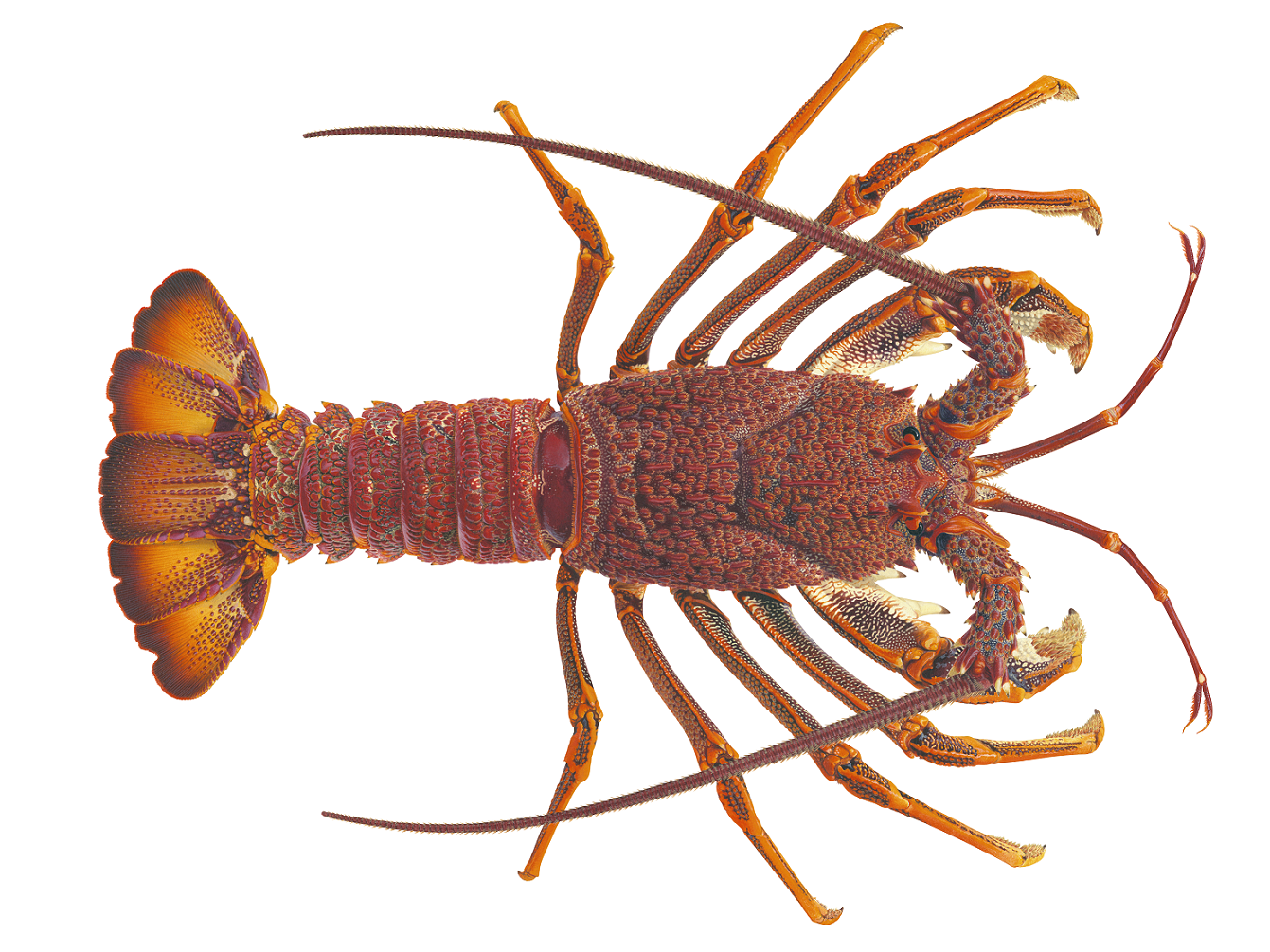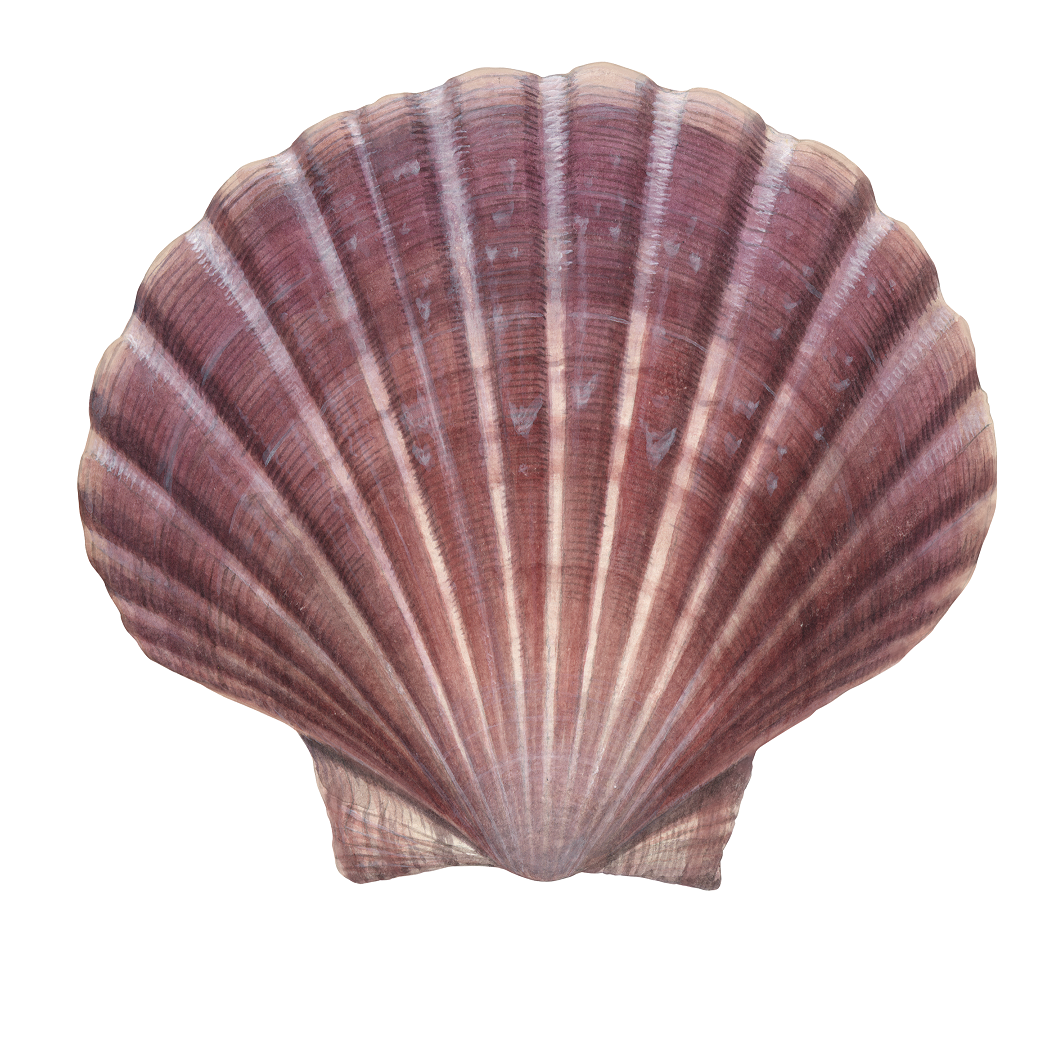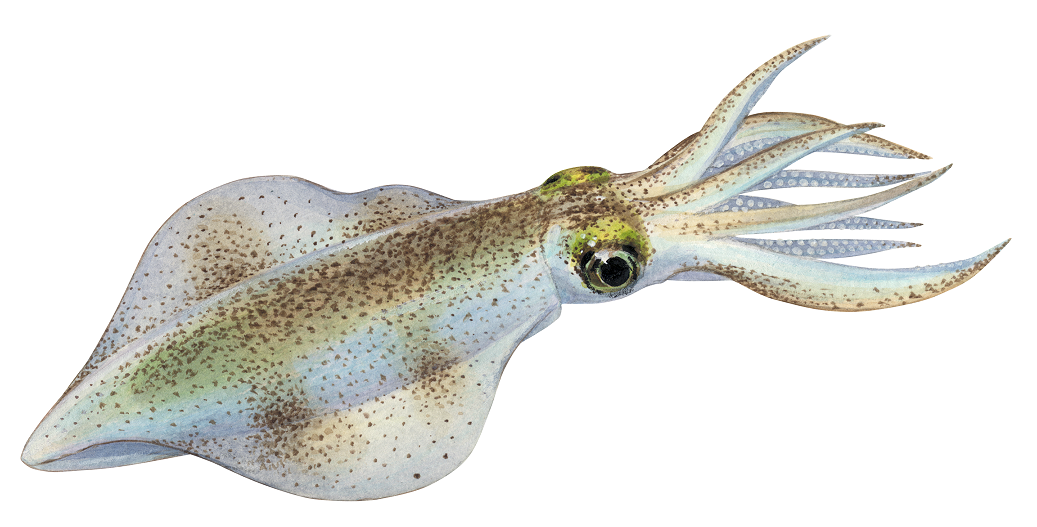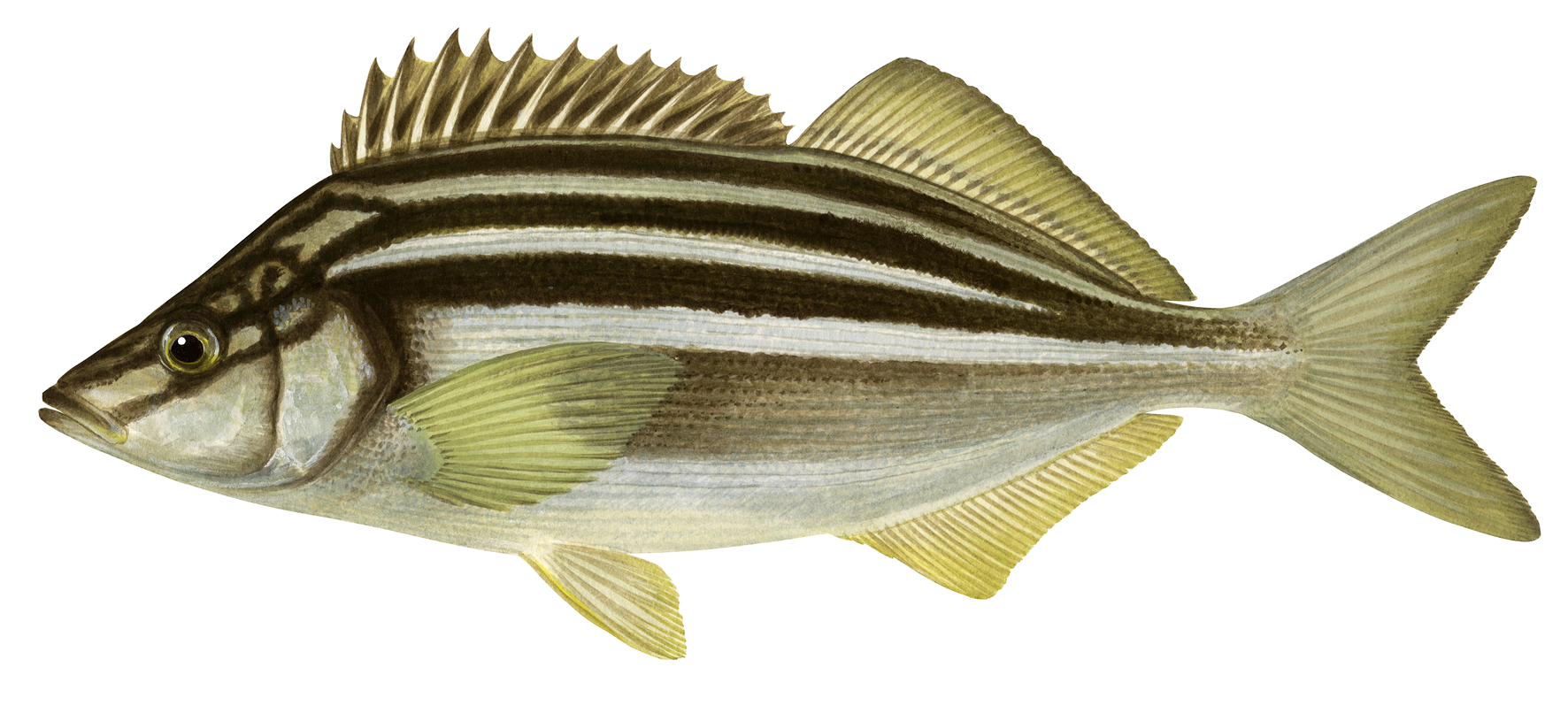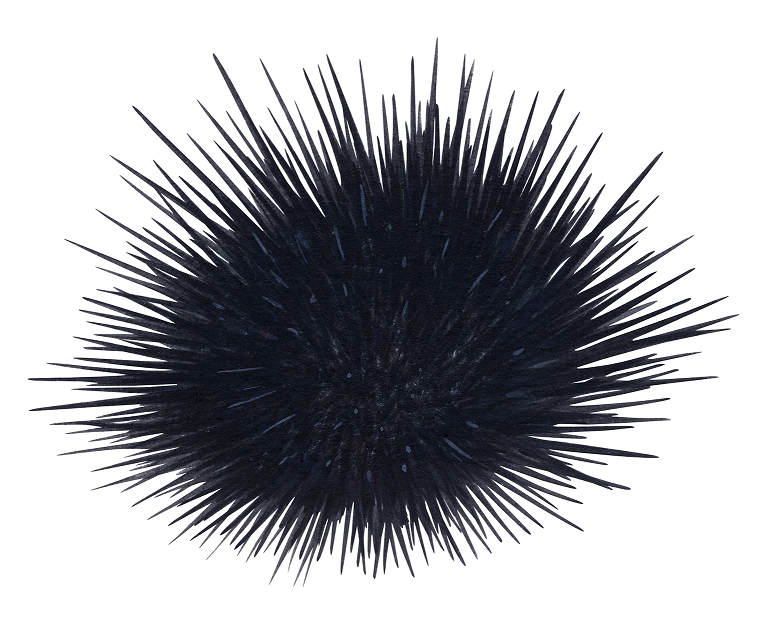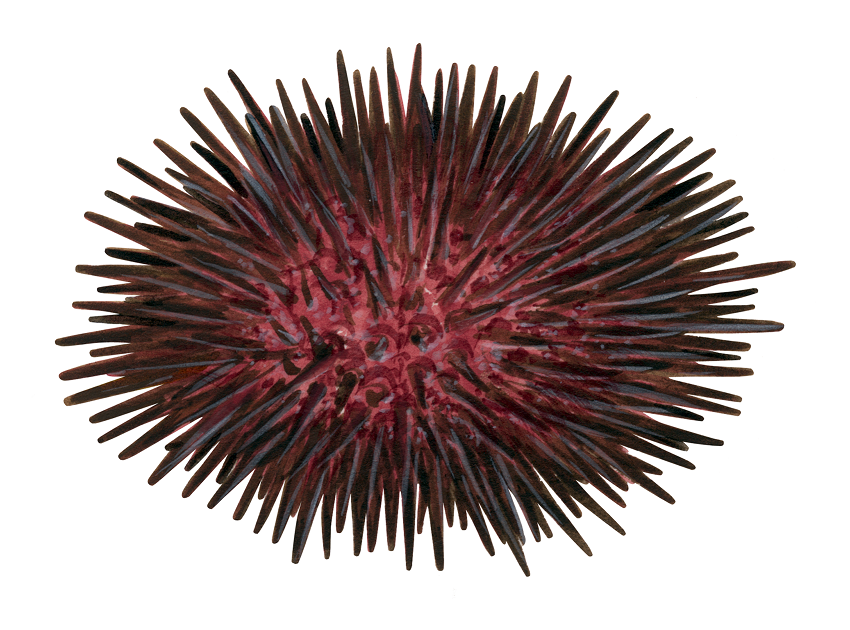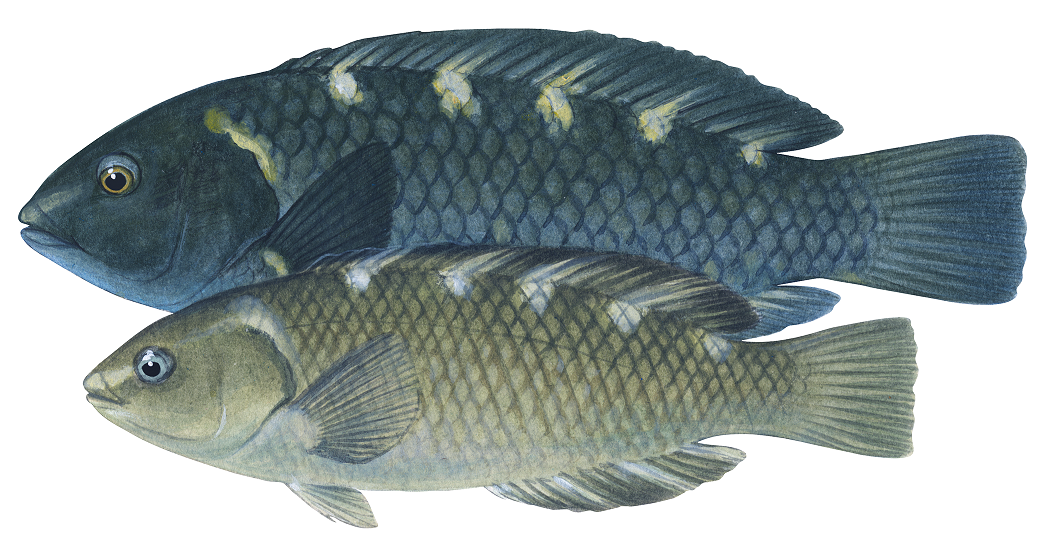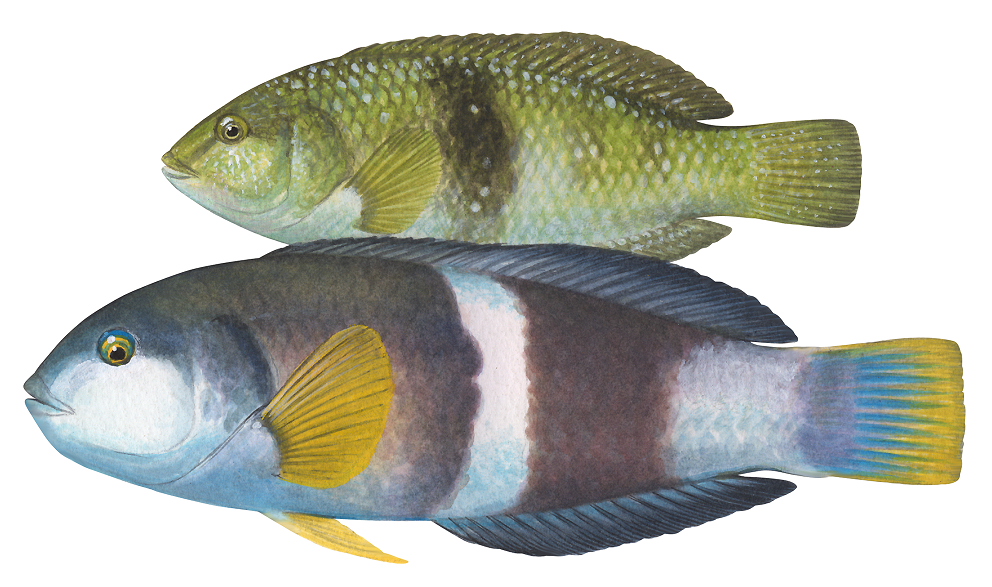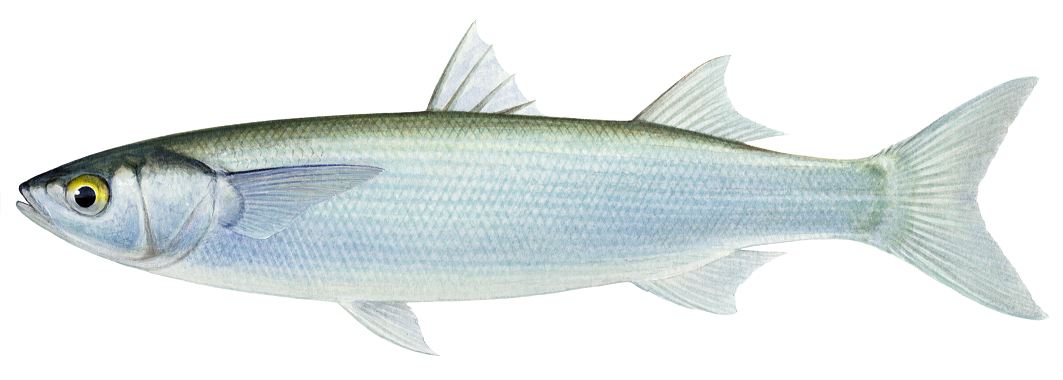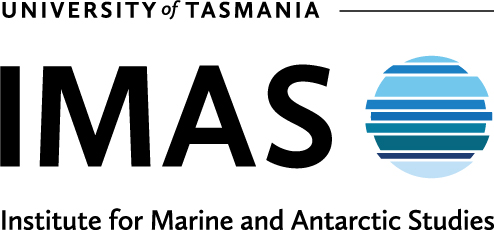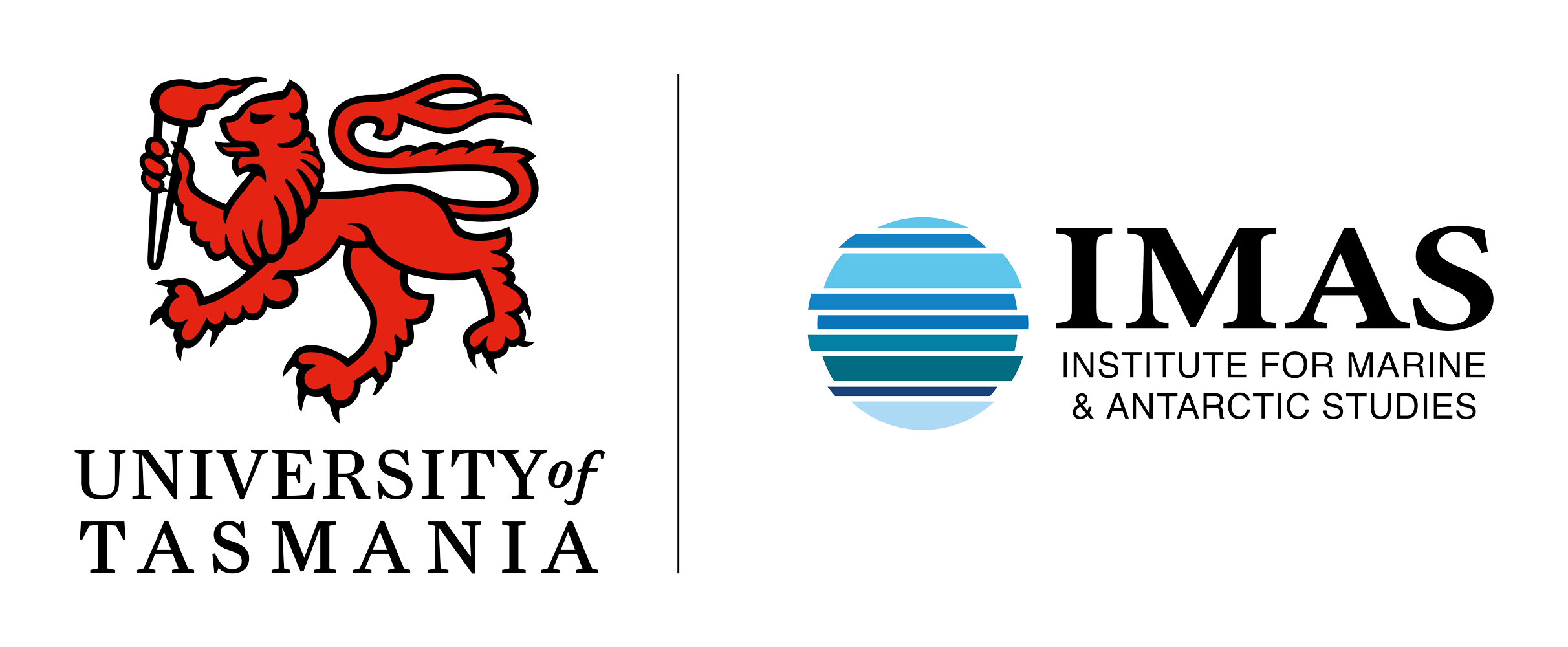Welcome to Tasmanian Wild Fisheries Assessments
Tasmania’s fisheries and aquaculture industries directly or indirectly contribute more than $1.5 billion to the Australian economy and create more than 11,600 full-time equivalent (FTE) jobs.
At IMAS, our fisheries research supports the long-term sustainable harvest of wild marine resources.
The Institute of Marine and Antarctic Studies (IMAS) at the University of Tasmania has an extensive capacity to conduct scientific research directed at the management of coastal and temperate fisheries. Our research supports key commercial and recreational fisheries in Tasmania, including Abalone, Lobster, Octopus, Scalefish and Scallops, as well as ecosystem and fisheries management. As part of our commitment to knowledge exchange and innovation we have developed the Tasmanian Wild Fisheries Assessments website to broaden the communication of Tasmanian fisheries stock assessments and fisheries research conducted at IMAS to the community, deliver a more effective method of reporting to stakeholders and provide transparency in scientific data and reporting. In addition to the website, we continue to provide scientific advice to management bodies.
Tasmanian wild fisheries stock assessments are conducted by the Fisheries and Aquaculture Centre of the Institute of Marine and Antarctic Studies (IMAS) on behalf of the Tasmanian Department of Natural Resources and Environment (NRE Tas). Under the Sustainable Marine Research Collaboration Agreement (SMRCA), IMAS conduct fishery assessments, provide expert management advice and undertake scientific research on Tasmanian fisheries issues for NRE Tas. As partners in the SMRCA, NRE Tas and IMAS commit to:
- undertake leading, world-class research into temperate marine and coastal research;
- support the effective and sustainable management of Tasmanian marine resources and ensure that the maximum benefit accrues to the Tasmanian community;
- provide fisheries, aquaculture, estuarine and coastal environmental research and development services to the Crown, the University, and the fishing and aquaculture industries;
- support the Crown’s legislative and administrative obligations through the provision of research, data and advice;
- assist in developing and encouraging new industry and in marketing Tasmania’s natural marine resources in a way that is sustainable now and for future generations;
- build the capacity of people working in temperate marine research, including postgraduate students; and
- encourage partnerships, linkages and integrated arrangements which would facilitate achievement of the Agreement through industry engagement.
Further information is available in the SMRCA Strategic Plan 2022-2026 and on our About Us webpage.
The Fisheries and Aquaculture Centre at IMAS is dedicated to seeking scientific knowledge and innovation that provides adequate and sustainable marine resources to an increasing world population.
Australian Sardine

Banded Morwong
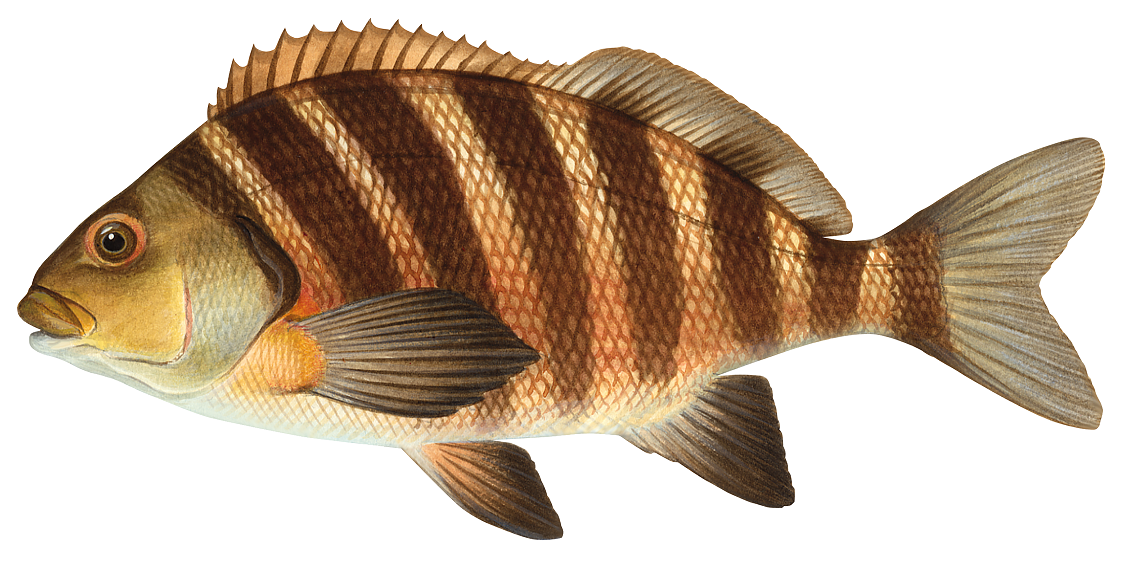
Barracouta

Blue Warehou
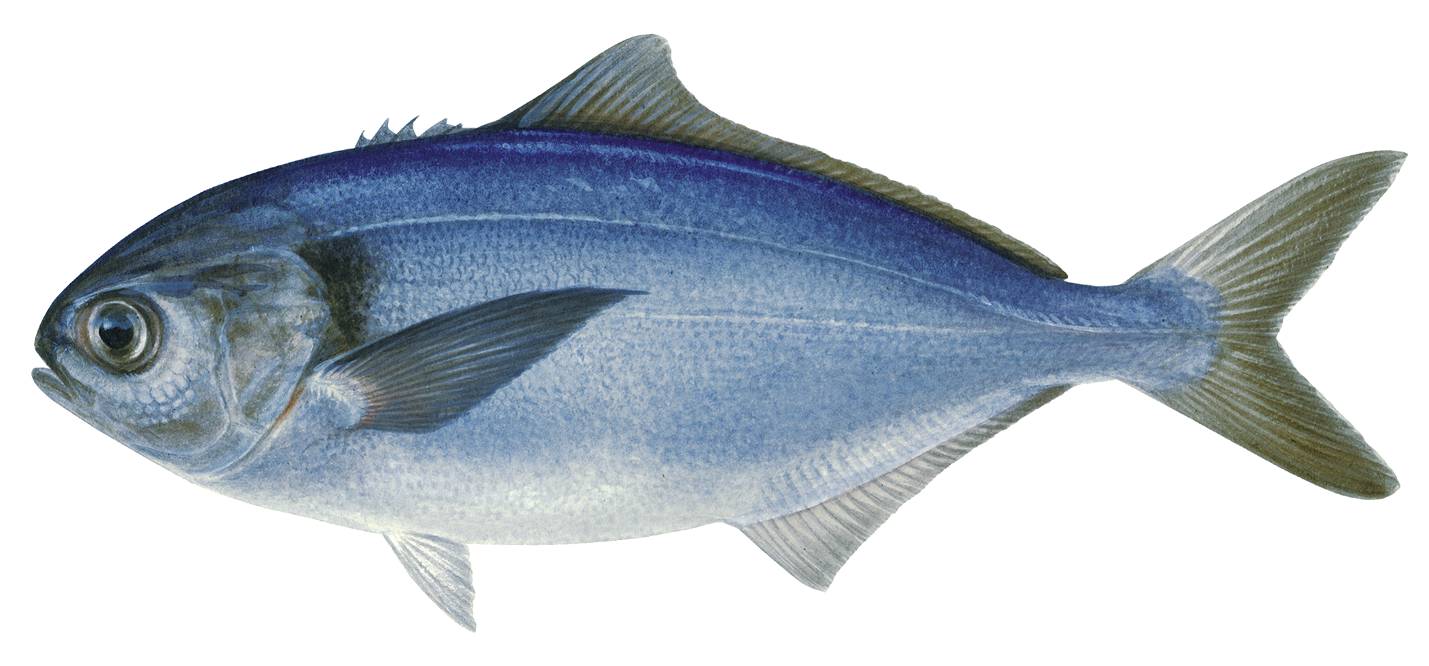
Eastern Australian Salmon
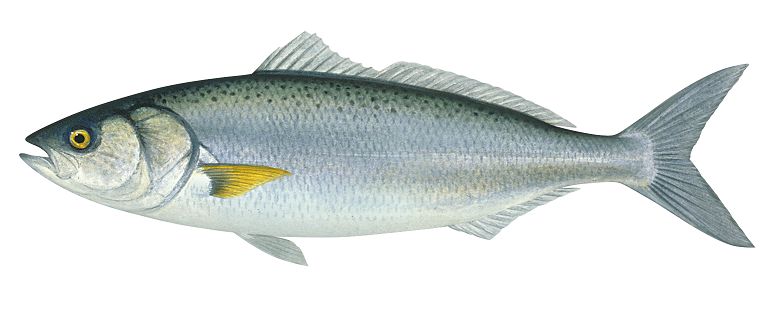
Eastern School Whiting
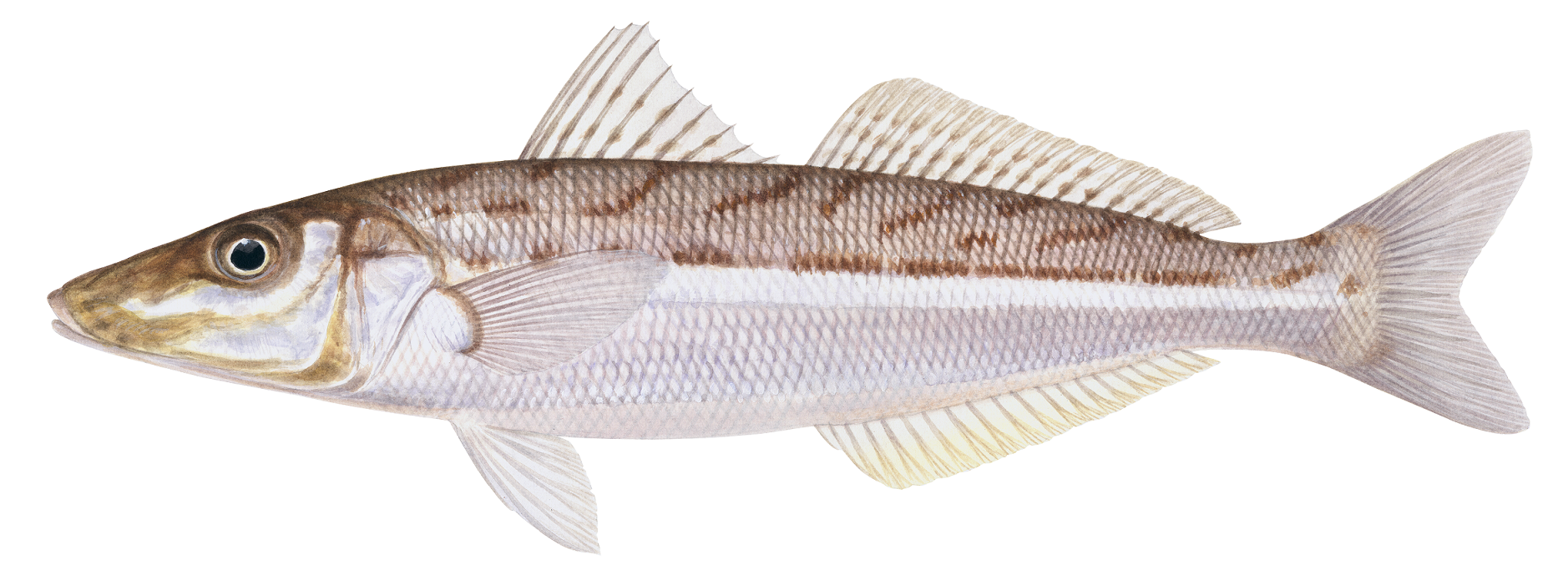
Flathead – Southern Sand
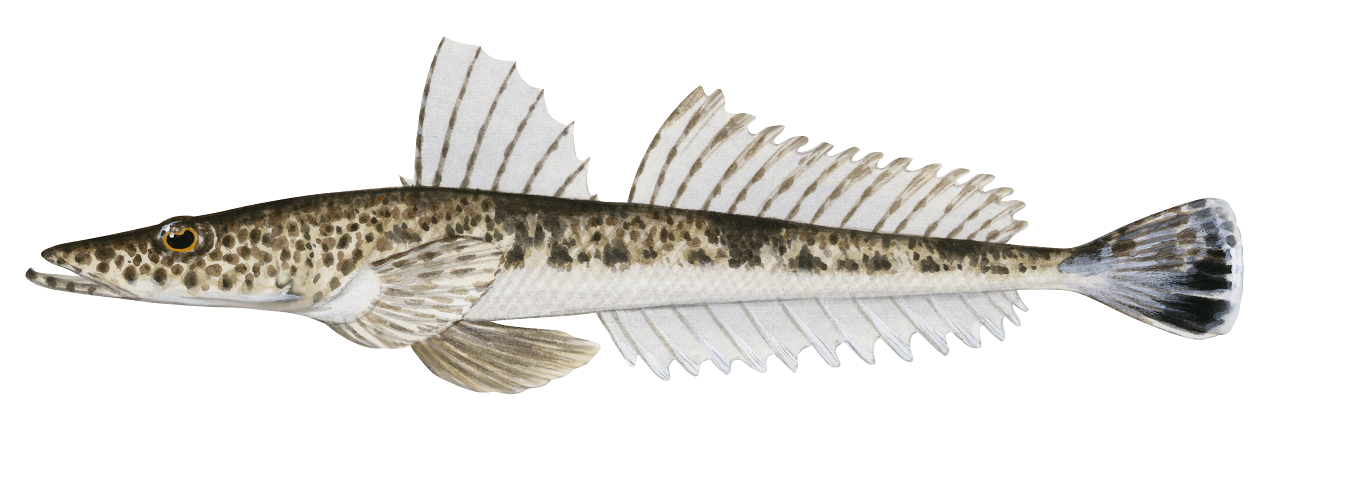
Flathead – Tiger

Longsnout Boarfish
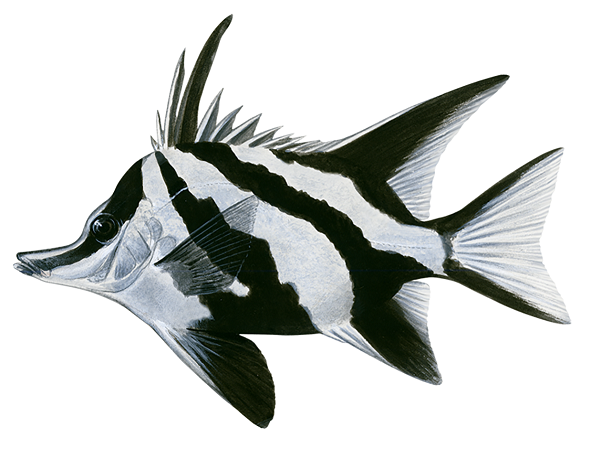
Octopus ( Māori)
